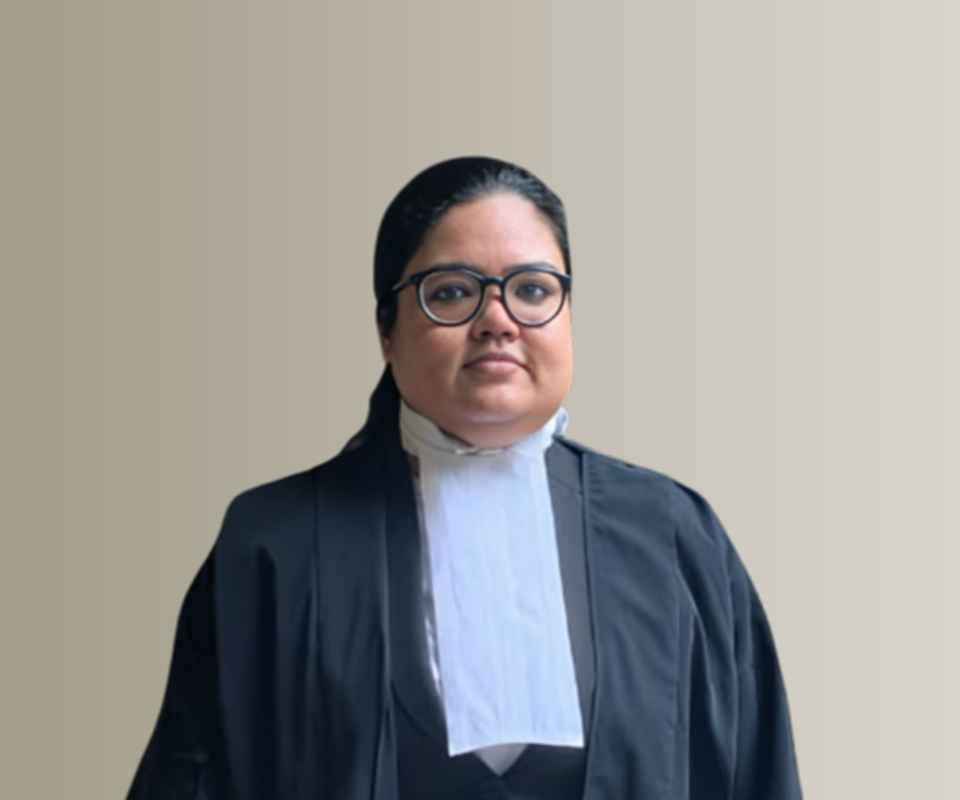Answer By law4u team
Defending against a copyright infringement claim involves several possible defenses. Here’s a detailed overview of the common defenses in a copyright case:
1. Fair Use
The fair use doctrine allows limited use of copyrighted material without permission from the copyright owner. Factors considered include:
- Purpose and character of the use: Whether the use is for commercial purposes or educational/transformative purposes.
- Nature of the copyrighted work: The degree to which the work is creative versus factual.
- Amount and substantiality: How much of the work was used and whether the portion used is significant.
- Effect on the market: Whether the use negatively impacts the market for the original work.
2. Lack of Originality
Copyright protects only original works of authorship. If the defendant can demonstrate that the work in question lacks originality or creativity, it may not qualify for copyright protection.
3. Non-Infringement
The defense may argue that their actions do not constitute infringement. This could include:
- Showing that the defendant did not use the copyrighted work at all.
- Demonstrating that the work was independently created and not copied from the original.
4. Implied License
An implied license may exist if the copyright owner allowed the defendant to use the work through their actions or conduct. For instance, if the copyright owner provided the work with the understanding that it would be used in a certain way, the defendant might claim an implied license to use it.
5. Public Domain
If the work has entered the public domain, it is free to use without permission. Works can enter the public domain due to the expiration of copyright or if the author explicitly places them there.
6. Statute of Limitations
In many jurisdictions, there is a statute of limitations that restricts the time period during which a copyright infringement claim can be filed. If the claim is brought after this period, the defendant can argue that the claim is barred.
7. First Sale Doctrine
The first sale doctrine allows the owner of a legally purchased copyrighted work to resell or distribute it without infringing copyright. This defense is often invoked in cases involving the resale of books or digital media.
8. Invalid Copyright Registration
The defendant may argue that the copyright registration for the work is invalid due to failure to meet the legal requirements for copyright protection or that the work was not registered at the time of infringement.
9. Failure to Meet Burden of Proof
The plaintiff bears the burden of proving that copyright infringement occurred. If the defendant can demonstrate that the plaintiff has failed to meet this burden, it can serve as a defense.
Conclusion
Defending against a copyright infringement claim can involve multiple legal strategies, including demonstrating fair use, lack of originality, or non-infringement. Each case is unique, and it is crucial to consider the specific circumstances and legal framework when crafting a defense.







